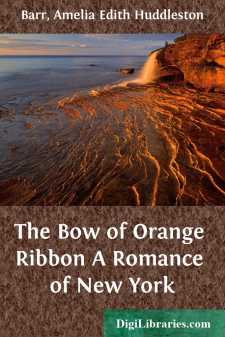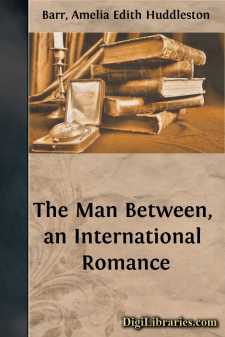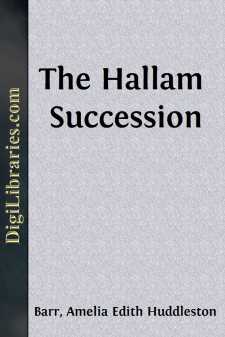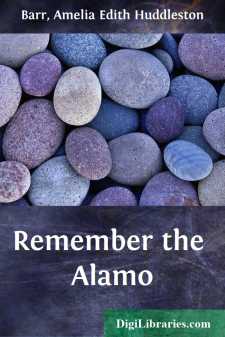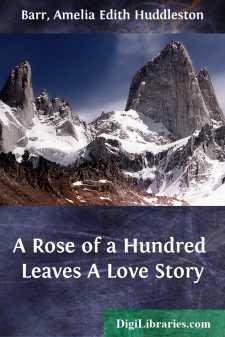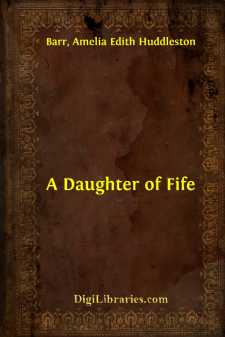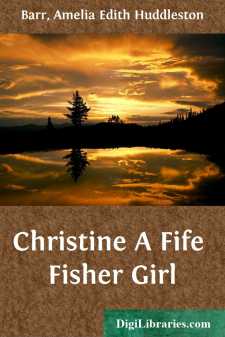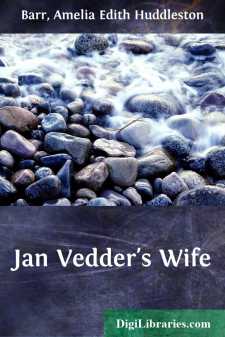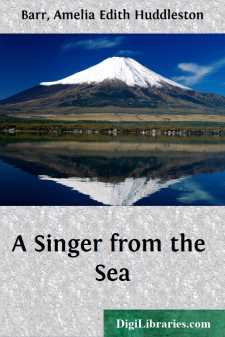Categories
- Antiques & Collectibles 13
- Architecture 36
- Art 48
- Bibles 22
- Biography & Autobiography 813
- Body, Mind & Spirit 142
- Business & Economics 28
- Children's Books 15
- Children's Fiction 12
- Computers 4
- Cooking 94
- Crafts & Hobbies 4
- Drama 346
- Education 46
- Family & Relationships 57
- Fiction 11828
- Games 19
- Gardening 17
- Health & Fitness 34
- History 1377
- House & Home 1
- Humor 147
- Juvenile Fiction 1873
- Juvenile Nonfiction 202
- Language Arts & Disciplines 88
- Law 16
- Literary Collections 686
- Literary Criticism 179
- Mathematics 13
- Medical 41
- Music 40
- Nature 179
- Non-Classifiable 1768
- Performing Arts 7
- Periodicals 1453
- Philosophy 64
- Photography 2
- Poetry 896
- Political Science 203
- Psychology 42
- Reference 154
- Religion 513
- Science 126
- Self-Help 84
- Social Science 81
- Sports & Recreation 34
- Study Aids 3
- Technology & Engineering 59
- Transportation 23
- Travel 463
- True Crime 29
The Bow of Orange Ribbon A Romance of New York
Description:
Excerpt
I.
"Love, that old song, of which the world is never weary."
It was one of those beautiful, lengthening days, when May was pressing back with both hands the shades of the morning and the evening; May in New York one hundred and twenty-one years ago, and yet the May of A.D. 1886,—the same clear air and wind, the same rarefied freshness, full of faint, passing aromas from the wet earth and the salt sea and the blossoming gardens. For on the shore of the East River the gardens still sloped down, even to below Peck Slip; and behind old Trinity the apple-trees blossomed like bridal nosegays, the pear-trees rose in immaculate pyramids, and here and there cows were coming up heavily to the scattered houses; the lazy, intermitting tinkle of their bells giving a pleasant notice of their approach to the waiting milking-women.
In the city the business of the day was over; but at the open doors of many of the shops, little groups of apprentices in leather aprons were talking, and on the broad steps of the City Hall a number of grave-looking men were slowly separating after a very satisfactory civic session. They had been discussing the marvellous increase of the export trade of New York; and some vision of their city's future greatness may have appeared to them, for they held themselves with the lofty and confident air of wealthy merchants and "members of his Majesty's Council for the Province of New York."
They were all noticeable men, but Joris Van Heemskirk specially so. His bulk was so great that it seemed as if he must have been built up: it was too much to expect that he had ever been a baby. He had a fair, ruddy face, and large, firm eyes, and a mouth that was at once strong and sweet. And he was also very handsomely dressed. The long, stiff skirts of his dark-blue coat were lined with satin, his breeches were black velvet, his ruffles edged with Flemish lace, his shoes clasped with silver buckles, his cocked hat made of the finest beaver.
With his head a little forward, and his right arm across his back, he walked slowly up Wall Street into Broadway, and then took a north-westerly direction toward the river-bank. His home was on the outskirts of the city, but not far away; and his face lightened as he approached it. It was a handsome house, built of yellow bricks, two stories high, with windows in the roof, and gables sending up sharp points skyward. There were weather-cocks on the gables, and little round holes below the weather-cocks, and small iron cranes below the holes, and little windows below the cranes,—all perfectly useless, but also perfectly picturesque and perfectly Dutch. The rooms were large and airy, and the garden sloped down to the river-side. It had paths bordered by clipped box, and shaded by holly and yew trees cut in fantastic shapes.
In the spring this garden was a wonder of tulips and hyacinths and lilacs, of sweet daffodils and white lilies. In the summer it was ruddy with roses, and blazing with verbenas, and gay with the laburnum's gold cascade. Then the musk carnations and the pale slashed pinks exhaled a fragrance that made the heart dream idyls. In the autumn there was the warm, sweet smell of peaches and pears and apples. There were morning-glories in riotous profusion, tall hollyhocks, and wonderful dahlias. In winter it still had charms,—the white snow, and the green box and cedar and holly, and the sharp descent of its frozen paths to the frozen river. Councillor Van Heemskirk's father had built the house and planted the garden, and he had the Dutch reverence for a good ancestry. Often he sent his thoughts backward to remember how he walked by his father's side, or leaned against his mother's chair, as they told him the tragic tales of the old Barneveldt and the hapless De Witts; or how his young heart glowed to their memories of the dear fatherland, and the proud march of the Batavian republic....


